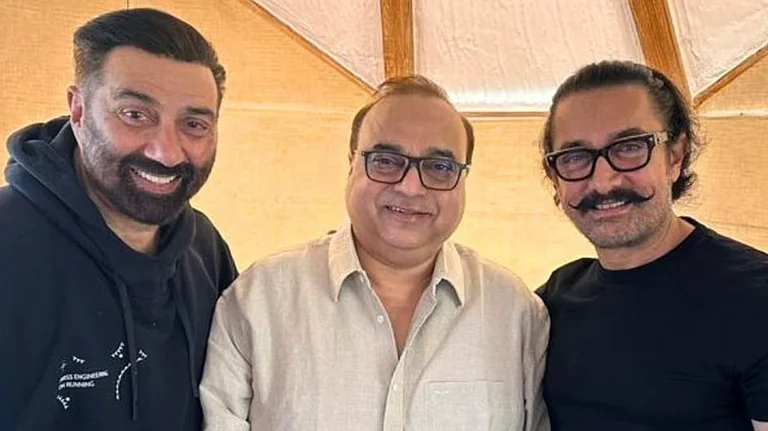SHOULD India have celebrated Vijay Diwas, the 25th anniversary of its victory over Pakistan in the 1971 war, with so much fanfare? Should the Government have instead paid heed to External Affairs Ministry officials who felt such overt jubilation could send "wrong signals" to Pakistan and perhaps even Bangladesh?
Since 1972, the Indian armed forces have been celebrating December 16—the day Lt Gen. Niazi of the Pakistan Army formally surrendered in 1971—in cantonments across the country. Indeed, the 13-day war, which ended with Pakistan's humiliation and the birth of Bangladesh, is a major milestone in India's post-Independence history, changing as it did the political and strategic equations in the subcontinent.
Twenty-five years later, it took a media crusade and a major row in Parliament to bring the celebrations out of the cantonments. When Lok Sabha MPs cut across party lines to condemn the callous attitude towards the war and its veterans, the Government was forced to take notice. Finally, on December 3, a fortnight before the event, Defence Minister Mulayam Singh Yadav asked his ministry to draw up plans to take the celebrations into the public domain.
This is said to have prompted objections from some senior officials in the External Affairs Ministry. After all, Sheikh Hasina had just left Delhi with a 30-year Ganga water sharing treaty, while Pakistan Foreign Minister Sahebzada Yakub Khan was expected to attend the SAARC foreign ministers meeting in Delhi soon after. It was argued that this would give India-baiters in Dhaka a chance to condemn India, besides antagonising Islamabad just before the arrival of its foreign minister.
The Government, wisely, ignored these protests. After all, the Pakistan Defence Day—Yom-e-Difah which is celebrated on September 6—is used to extol and remember the 'exploits' of the 1965 war. Incidentally, after the event, South Block denied knowledge of any such objections.
But the combination of a brutally short deadline, unending red tape, inefficient postal services and perhaps sheer callousness forced the Defence Ministry to make a few blunders which it is now trying very hard to cover up.
For one, Field Marshal Sam Manekshaw, who was chief of army staff during the 1971 conflict, declined to attend the celebrations. In an interview to a newspaper, he said: "I don't care anymore." Why should a field marshal known as the architect of the 1971 victory suddenly feel so apathetic? While he is too much of a gentleman to voice it publicly, it seems that the invitation he received was identical to the one sent out to all members of the armed forces, and even to the media. For a man who commanded the army during the only war with Pakistan that India won diplomatically, politically and militarily to be asked to attend as a mere bystander was adding insult to injury. Besides, a field marshal is always on the army's active list. He never retires. A day after the interview was published, the Defence Ministry tried damage control, saying that it was even willing to send out a special aircraft for Manekshaw if that would help him attend.
Then, both Lt Gen. Jagjit Singh Aurora—who was the Eastern Command chief in 1971 and who took the surrender in Bangladesh, and Admiral S.M Nanda, the navy chief during the war, received their invitations just days before the event. By then, Aurora had already accepted an invitation to attend the function at Calcutta. Even the bureaucrats who played a key role in 1971 were ignored. P.N. Haksar, then principal secretary to Indira Gandhi, principal defence secretary K.B. Lal, foreign secretary T.N. Kaul, and A.K Ray, who headed the branch office of the External Affairs Ministry in Calcutta and coordinated with the Mujib government, were all reportedly not invited. These officers were responsible for laying down policy that finally led to the birth of Bangladesh.
Curiously, some Opposition MPs who had forced the Government to organise the event on such a grand scale, later attacked External Affairs Minister I.K.Gujral for skipping a Lok Sabha session to attend the celebrations. To cap it all, on the morning of December 16, the defence minister himself strolled in late for the wreath-laying ceremony at the Amar Jawan Jyoti, arriving even after the Prime Minister. Perhaps he was just expressing his personal opinion of the whole event.






















